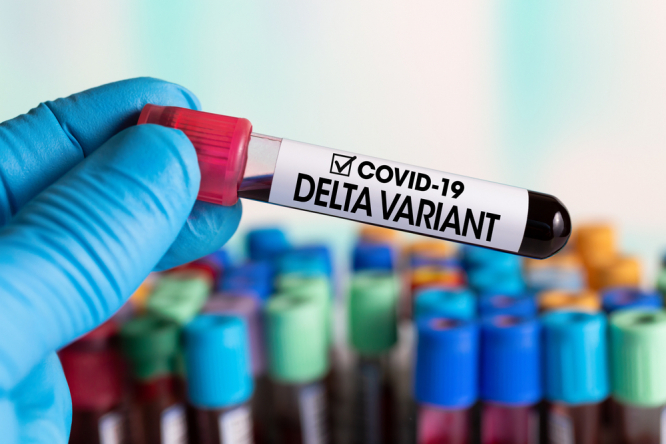Ghana is seeing a sharp increase in infections of coronavirus (COVID-19), with the latest data from the Ghana Health Service showing 370 active cases – the highest number in about 3 months.
This comes at a time when the country has rolled back many preventive measures imposed to contain the spread of the virus including ending the mandatory wearing of face masks in public.
“The cases are in Greater Accra, and I don’t think we should raise alarm yet. But it’s still the case people should be wearing their face masks and also comply with other safety protocols. This time we know where the cases are coming from – schools and workplaces,” the Director of Health Promotion at the Ghana Health Service, Dr Dacosta Aboagye told GhanaFact.
Over the past two years, Ghana has recorded 161,795 confirmed COVID-19 cases, with 1,445 deaths and 159, 980 recoveries.
“We have also asked the University of Ghana to do sequencing, and from there we would also know whether we have a new strain of the virus. However, it is time for people to get vaccinated so we can fight the virus,” he stated.
COVID-19 vaccination
Ghana began its mass COVID-19 vaccination drive on March 2, 2021, and as of June 2, 2022, a total of 15, 658, 751 doses of the COVID-19 vaccines from five vaccine manufacturers – Pfizer-BioNTech, AstraZeneca, Johnson and Johnson, Moderna, and Sputnik-V have been administered.
So far, 28.9% of the country’s population has been fully vaccinated, while 31.3% of people have received at least one dose of the COVID-19 vaccine – an initial target to vaccinate at least 20 million citizens before the end of 2021 has failed.
WHO
The Director-General of the World Health Organization, Dr Tedros Adhanom Ghebreyesus has expressed worry over low testing of the virus as many countries ease restrictions.
“As many countries have reduced testing, WHO is receiving less and less information about transmission and sequencing. This makes us increasingly blind to patterns of transmission and evolution. But this virus won’t go away just because countries stop looking for it. It’s still spreading, it’s still changing and it’s still killing,” he partly said.
By: Gifty Tracy Aminu





